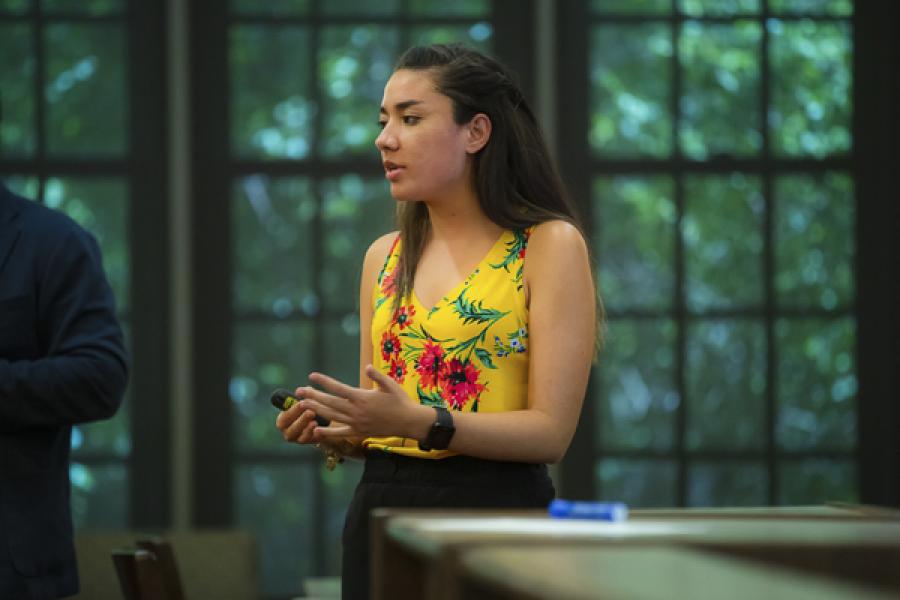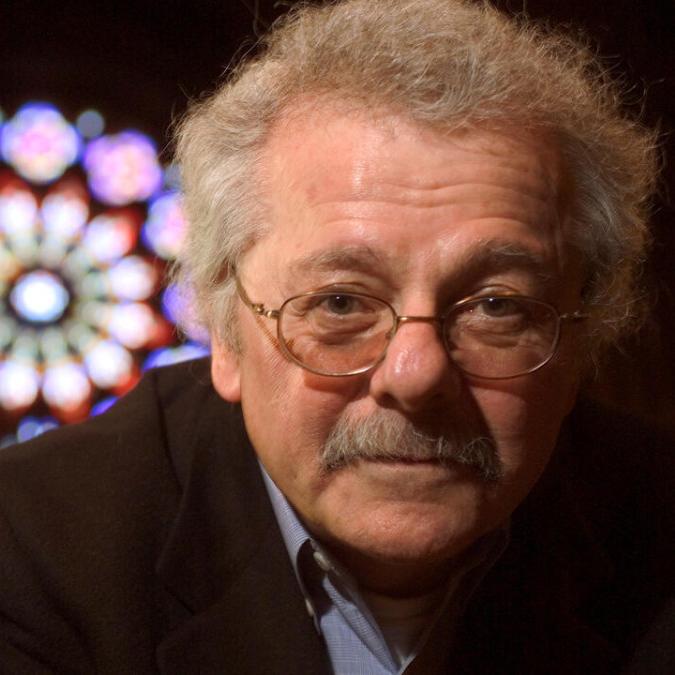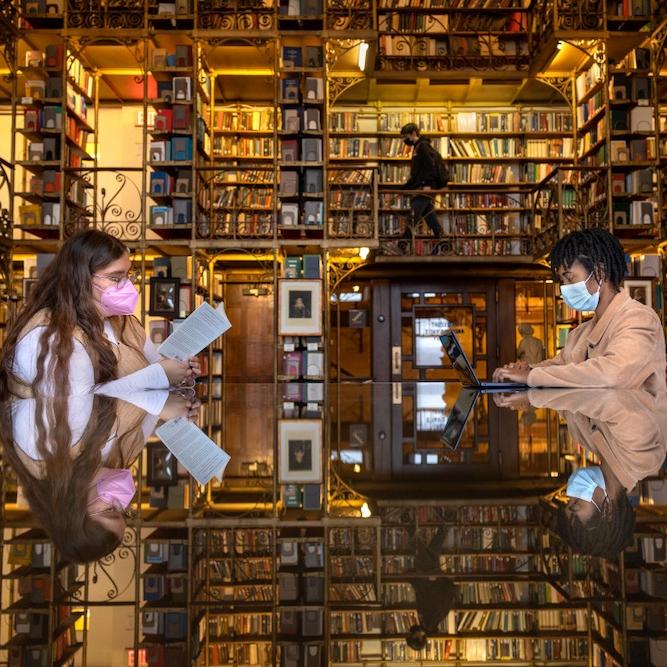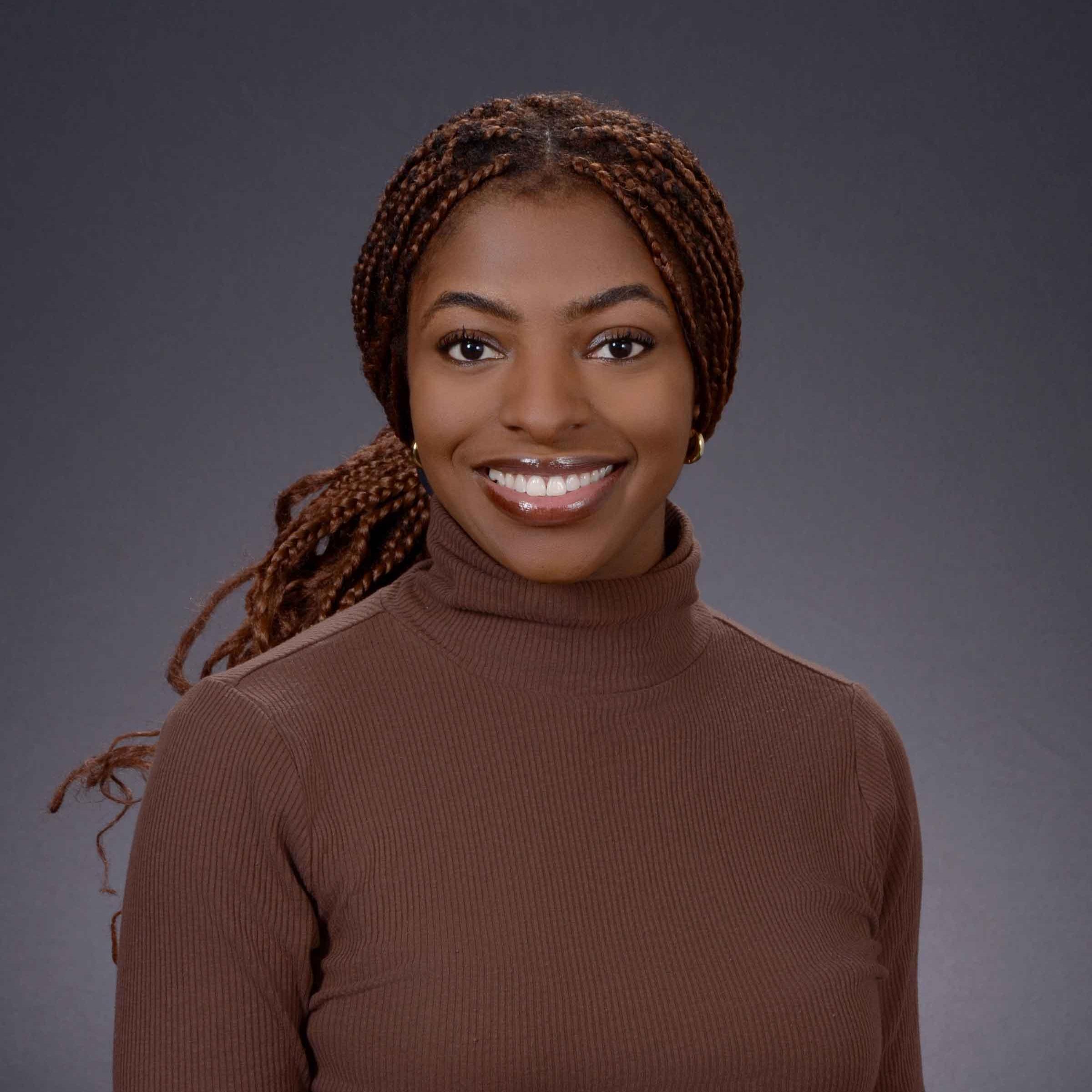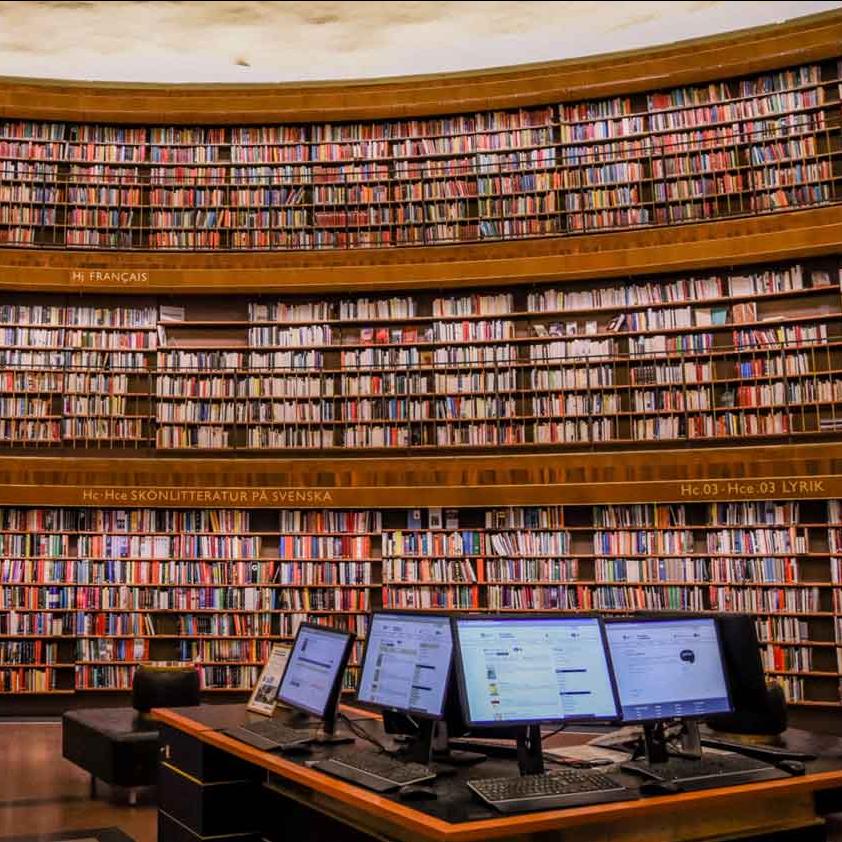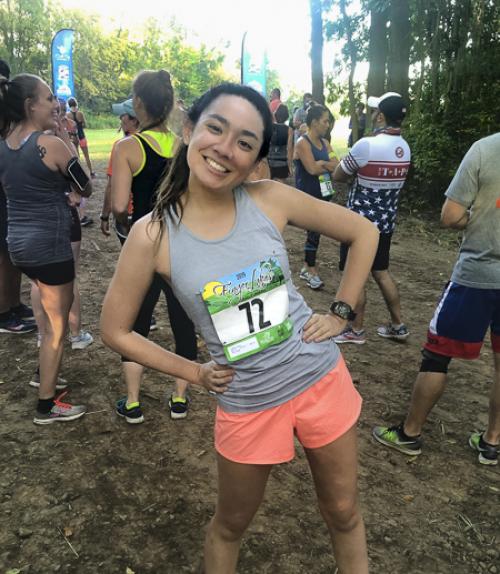Maya Cutforth
American Studies, Africana Studies & Spanish
Denver, Co
What are the most valuable skills you gained from your Arts & Sciences education?
I’ve gained the ability to draw connections from seemingly different topic areas. I learned that the music we talked about in my 1960s music course was speaking about the issues I discussed in my government seminar on civil disobedience. I read literature in Spanish that referred to the climate crisis I was learning about in my climate change course. For me, the interconnectedness of the Arts & Sciences courses replicated the interconnectedness of different parts of the human experience.
What was your favorite class and why?
My favorite class I took was a government seminar called Disobedience, Resistance, and Refusal. It was through the Society for the Humanities, so it was a one-time course. Professor Alexander Livingston taught it, and I had taken one class with him previously. I loved this class because it challenged my writing skills, my ability to actively engage in class discussions, and how I view the world. Professor Livingston pushed me to argue for my ideas in a way I never had been challenged to before, and I felt myself becoming a better writer over time. The class consisted partially of graduate students, so I was often intimidated about speaking up in class. Also, I am not a government major; even amongst the other undergraduate students, I felt unsure. Nonetheless, Professor Livingston actively encouraged us to speak up in class, and I gained confidence in my ideas. The content of the class reshaped how I think about civil disobedience, race inequity, and class struggle, and it made me consider my privileges. From this class, I became a better writer and a better student, but more importantly, I became more reflective and empathetic.
My main extracurricular activity is working at the Campus Activities Resource Center, also known as the popcorn stand in Willard Straight Hall. Throughout my time at Cornell, I was involved in various leadership roles in the Panhellenic Council and the Cornell Democrats. Working at the Resource Center gave me a place where I did not have to worry about the pressure of leading large groups of people; instead, I could make short, meaningful connections with strangers over bags of popcorn. At the Resource Center, I was able to talk with students, staff, faculty, and visitors about small things such as weather and bigger issues such as handling stress. Even though I did not know most of the visitors to the popcorn stand, I felt so grateful to be able to interact with such a vast and diverse portion of the Cornell family. Also, my coworkers hailed from so many different majors, backgrounds, and social groups on campus, but we were united through our passion for sharing compassion and free snacks with the Cornell community.
What have you accomplished as a Cornell student that you are most proud of, either inside the classroom or otherwise?
I am most proud of graduating Cornell with three majors and two minors. I first came to Cornell with the intention of being an English major because that was the academic subject with which I was most comfortable. I started taking classes outside of English in government, sociology, Spanish, Africana studies, music, and so many other subjects, and I eventually came to the academic focuses that I have now. I am proud that I pushed myself to engage with unfamiliar disciplines and find the connections between them all. My honors thesis in American studies relies heavily on classes I have taken for my history minor and Africana studies major, which is a testament to the connectivity that I have pursued from my coursework.
How have your beliefs or perspectives changed since you first arrived at Cornell? What have you discovered about yourself?
When I first arrived at Cornell, I thought that making concessions in my thinking was a sign of weakness. I was unwilling to admit that I was wrong in the classroom, in my extracurriculars, and even within my personal relationships. I soon learned that the only way I could grow was showing gratitude to those who helped educate me on my gaps of knowledge. I now see failure and making mistakes as a necessary way to develop personally and intellectually. Along with that, I have discovered how resilient I am as a leader. Before I came to Cornell, I was unsure that I would be capable of overcoming challenges as a leader. However, I have had very difficult experiences with my roles in the Intergroup Dialogue Project, Greek Life, and the Cornell Democrats, and I have overcome them. I felt very unsure of myself and my capability to lead, but the support of my peers, staff members, and faculty members have helped me through that time. I’ve learned that developing resiliency requires having a strong support system, and over time, I have become better at asking for help from my support system and allowing them to provide me encouragement when I need it the most.
How has your Cornell education and experience prepared you to deal with the challenges and uncertainty of the coronavirus pandemic?
At Cornell, I learned how to empathize and understand people who were very different from me by recognizing our shared sense of humanity. During this pandemic, even though people around the world are experiencing hardship and struggle differently, I am more capable of feeling empathy for them because of my coursework, mentors, and experiences at Cornell. Also, my experiences with the Intergroup Dialogue Project and coursework from American studies has pushed me to think about how inequities by class, race, gender, and citizenship status are making the pandemic more difficult for particular groups of people. On a different note, the strength of the Cornell community has helped me deal with the many changes that this pandemic has caused. I have felt incredibly supported by professors, friends, and staff while adjusting to being back at home.

